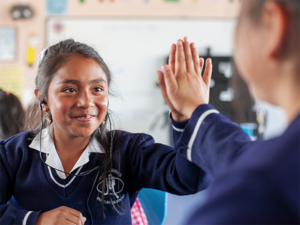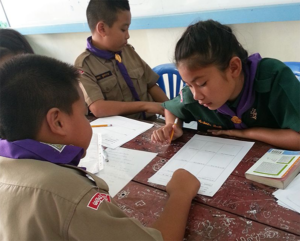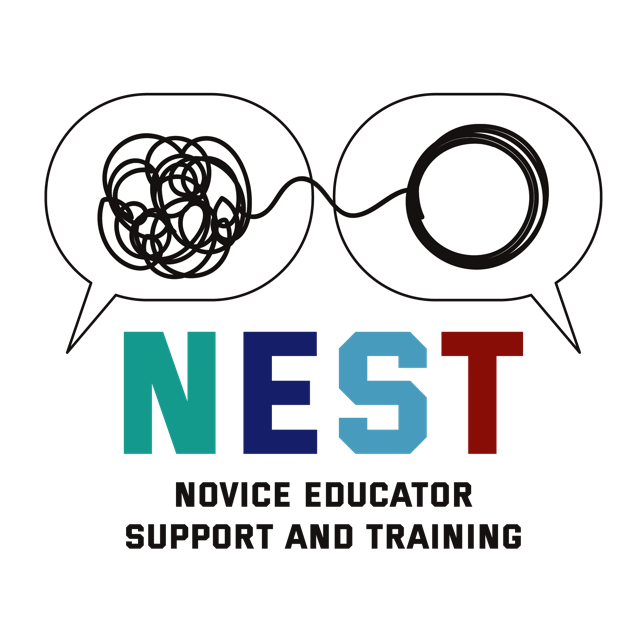Academic improvement, increased sense of responsibility, development of psychosocial skills… mentoring, whether one-to-one or in small groups, with teachers or among peers, has proven to be one of the most effective methods of improving learning outcomes.
In 2020, with schools in many countries around the world still in closed and others just reopening, a meta-analysis by J-Pal examined the results of 96 randomised assessments of various mentoring programmes and concluded that they consistently lead to great improvements in student learning outcomes, with an impact that moved a student up from the 50th percentile to nearly the 66th percentile.
In 2021, in Spain, the researchers of EsadeEcPol analysed the effect of the Menttores project’s individualised mentoring of students from vulnerable environments: the probability of repeating a scholastic year is reduced by 75% and 17% saw and improvement in their marks. This programme also proved to have highly beneficial effects on a socio-emotional level. Thus, students were 31% more likely to want to continue studying their Baccalaureate degree than students who did not participate in this programme; they also experienced a significant improvement in their satisfaction with school (by 7% compared to the control group).
Today, moreover, the advent of new technologies has turned mentoring into one of the most cost-effective alternatives for improving student learning.
In this article we would like to review some of the mentoring programmes we have discussed over the past year.
According to a study by EsadeEcPol, individualised tutoring reduces the likelihood of repeating by 75%.
Remote tutoring:Can they accelerate learning in vulnerable environments?
What are the advantages of this working dynamic? How can we ensure its quality? What are the challenges of implementation? To discuss these issues, the education division of the Inter-American Development Bank organised a debate with the presence of several experts in the field. We explain it to you in this article.

Peer mentoring to bridge the education gap
Do you remember when you didn’t understand something at school and you asked one of your classmates for help? The above, systematised, is peer mentoring, namely a set of approaches in which the students work in pairs or small groups to provide each other with pedagogical support. To find out exactly how it works, this article will sum up an analysis of the Educational Endowment Foundation, an independent organisation that analyses the effectiveness of different educational approaches and methodologies by studying the existing evidence.

Mentoring networks:Socrates in the 21st century
Let’s think for a moment about the optimal way in which people learn: first of all, curiosity and interest in a subject that interests us come into play, then research and the search for knowledge. Moreover, when we master the knowledge of a subject that interests us, we are eager to teach that subject to others. This is the secret behind the success of this project which began more than 25 years ago as a project to support secondary school students in rural communities in Mexico. Today the model has expanded to 34,000 urban and rural schools in the country and has already been extended to schools in Chile, Singapore, Thailand and Indonesia, working especially in vulnerable schools. Don’t miss the details of this exciting experience. We tell you about it in this article.

Peer mentoring for bullying prevention
Did you know that in only 10% of cases of bullying the victim asks a teacher for help? The TEI Programme is an institutional coexistence programme to prevent and eradicate bullying in the classroom. Because the novelty of this programme, and perhaps the secret of its success, lies in the shift of responsibility for the management of school coexistence to the students themselves, who emotionally mentor their younger peers. We tell you about it here.







